- Comparison
- Which one is better?
- Choose the right one

Simran has over 3 years of experience in content marketing, insurance, and healthcare sectors. Her motto to make health and term insurance simple for our readers has proven to make insurance lingos simple and easy to understand by our readers.
Reviewed By:

A boy-in-squares bagging escapades of switching streets in groove & sensing musical airy-notes from 6 1". Under wayed nyctophile sketching the walls of life from the panorama of anime.
Updated on Sep 30, 2023 3 min read




Reasons to choose Individual Insurance over Group Insurance?
Purchasing health insurance stands as a paramount concern in today’s landscape of health. However, while making this decision does not completely understand the importance of individual health plans. Moreover, there are some similarities in the coverage of them both but it is essential to recognize that they are two different types of insurance. This article will tell you why individual insurance is important.
What is the Difference between Group and Individual Health Insurance?
| Basis | Group Insurance | Individual Insurance |
| Meaning | The Group Health Insurance plan covers a group of people under health insurance. | The individual health insurance covers the individual policyholder. |
| Who can buy it? | Usually purchased by an employer or the main family member. | The policyholder himself purchases the plan. |
| Who is insured? | The person who buys it along with the members he purchased for. | The policyholder. |
| How much control does the insured have? | Only the purchaser or employer has the control. | Individual policyholders have control. |
| Eligibility Criteria | Must be a permanent member of the group. | Must be above 18 years old. |
| Options to buy add-ons | Very limited | Can buy the available add-ons. |
| Claims | Usually made through a third party. | Can be made directly with the insurance company. |
| Pre-policy medical check-up | Not required | Required in case of senior citizen |
| Sum Insured | Low | High |
| Exit Criteria | When the employee leaves the company | At the age of 65 years. |
| Tax Benefit | Not available | Available |
| Coverage for critical illness | No | If chosen |
Why Choose Individual Health Insurance?
Choosing individual insurance offers a wide range of benefits as per the need and circumstances. Read the compelling reasons to consider individual insurance:
- Customization You can tailor the insurance policy to match your unique requirements. Individual insurance allows you to choose coverage limits, benefits, and features that will align with your goals.
- Portability Individual insurance doesn’t bind you with your employment. Whether you change jobs, start a business, or go through a career shift, your coverage will remain the same.
- Personalized Coverage You can personalize and select the coverage that suits you and your family size.
- Tax BenefitsThe premiums paid for the individual insurance are tax-deductible, which offers you a potential financial benefit.
- Long-Term StabilityIt offers the advantage of long-term stability, you can retain your coverage when you need it most.
Why Choose Group Health Insurance?
Choosing a group health insurance plan can be a win-win for both employers and employees. Read below how:
- Cost Saving Group plans often provide more affordable premiums as compared to individual plans.
- Tax Benefits The amount that has been deducted to provide health insurance from your salary is not included in the tax.
- Comprehensive Coverage Group plans offer comprehensive coverage including medical, dental, vision, and other wellness benefits too. This helps people to access a wide range of healthcare services.
- No Medical UnderwritingGroup plans usually do not require medical underwriting or any individual health assessment.
- Competitive AdvantageOffering a robust group health insurance plan can give a competitive advantage when recruiting top talent, especially in industries with high demand for skilled workers.
Answer to the Question!
To summarise, while comparing individual insurance vs. group insurance, we have understood that group insurance has its advantages, like convenience and cheaper. However, individual insurance provides a level of personalization and control that can be invaluable in making sure that you receive the exact coverage as per your needs.
By choosing for the individual insurance, you will be investing in a policy that adapts to your unique circumstances. Ultimately it safeguards your health and financial well-being more effectively.
Consult for Personalized Insurance Advice

But how does it work?
Schedule a call with India’s number 1 trusted advisor with a 4.5+ rating on Google. We are not your average insurance agents. Our advisors are experts in their insurance knowledge and will give you the right information at the right time. The service is free of cost! Don’t worry, we won’t spam as we value your time.
Health Insurer Network Hospitals
Group Insurance vs Individual Insurance: FAQs
1. Can a person enroll under both Group and Individual Health insurance?
Yes, it is a brilliant idea to get enrolled in both insurances. It will help you to create a strong portfolio.
2. What is the difference between individual and group plans?
The major difference between these two types of plans is the number of people taking the plan. Individual plans are the plans that are purchased by the individual person and group plans are secured by companies or groups of people.
3. Who is covered in Group Insurance?
Many group health insurance plans cover spouses, dependent children, and parents of the group member.
4. What are the benefits of group health insurance?
Group health insurance provides a coverage to the group of employees for medical expenses up to a specifies sum insured amount.
5. Can I convert group insurance to the individual?
A group insurance can be shifted into individual insurance with the same insurer. You need to complete at least one year with your individual policy with the present insurer.
Health Insurance Companies
Know More About Health Insurance Companies
Share your Valuable Feedback
4.4
Rated by 2629 customers
Was the Information Helpful?
Select Your Rating
We would like to hear from you
Let us know about your experience or any feedback that might help us serve you better in future.


Written By: Simran Saxena
Simran has over 3 years of experience in content marketing, insurance, and healthcare sectors. Her motto to make health and term insurance simple for our readers has proven to make insurance lingos simple and easy to understand by our readers.






 Reviewed By: Anchita Bhattacharyya
Reviewed By: Anchita Bhattacharyya

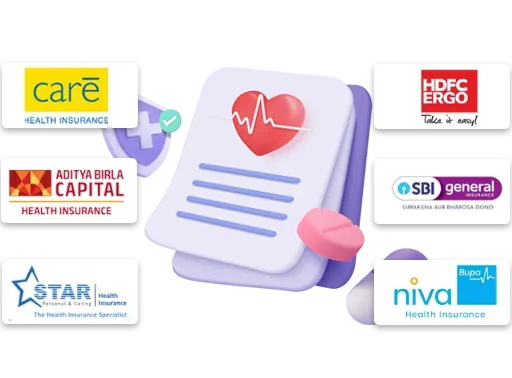
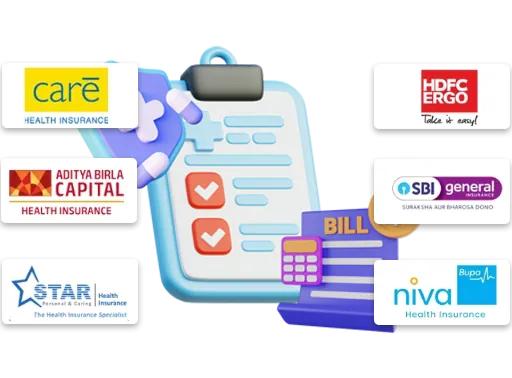
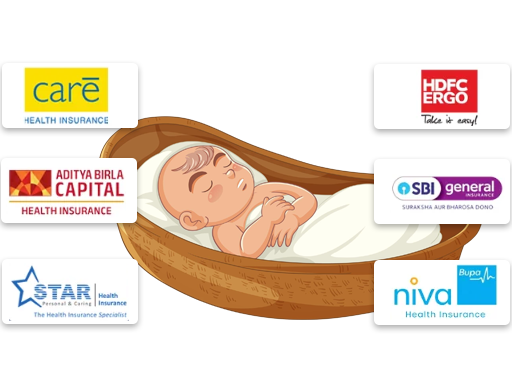

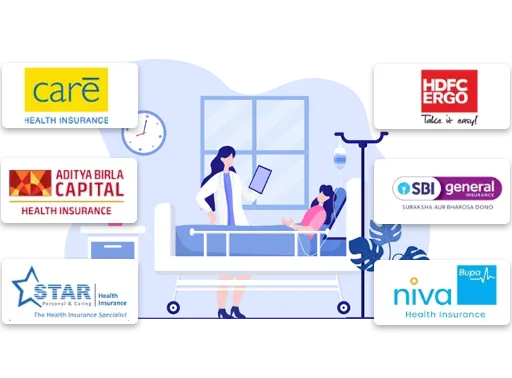
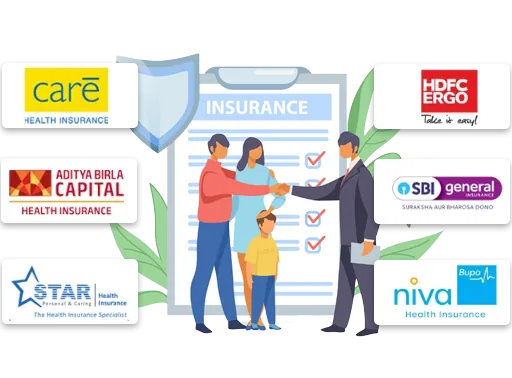


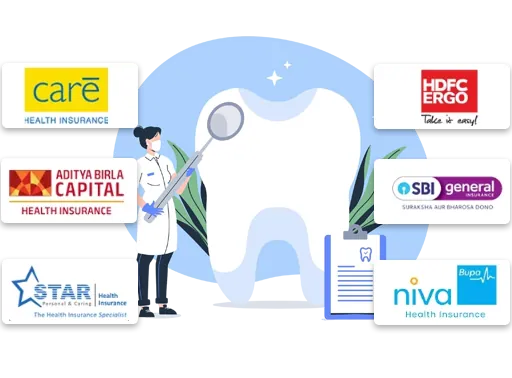

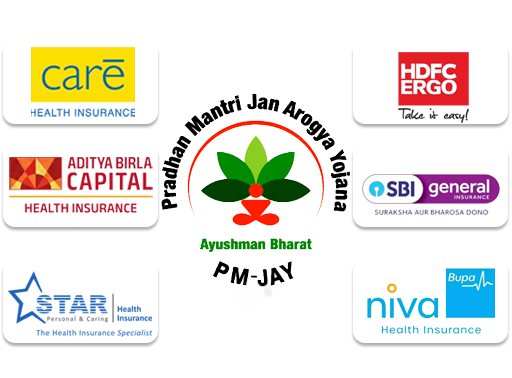
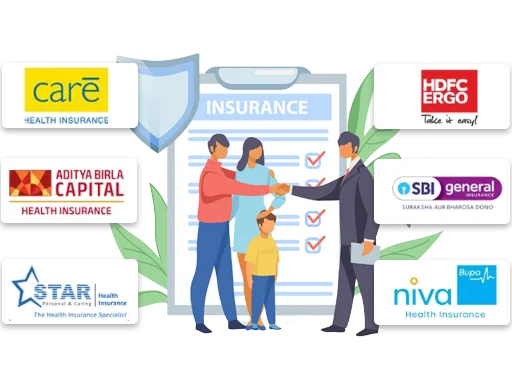




Do you have any thoughts you’d like to share?